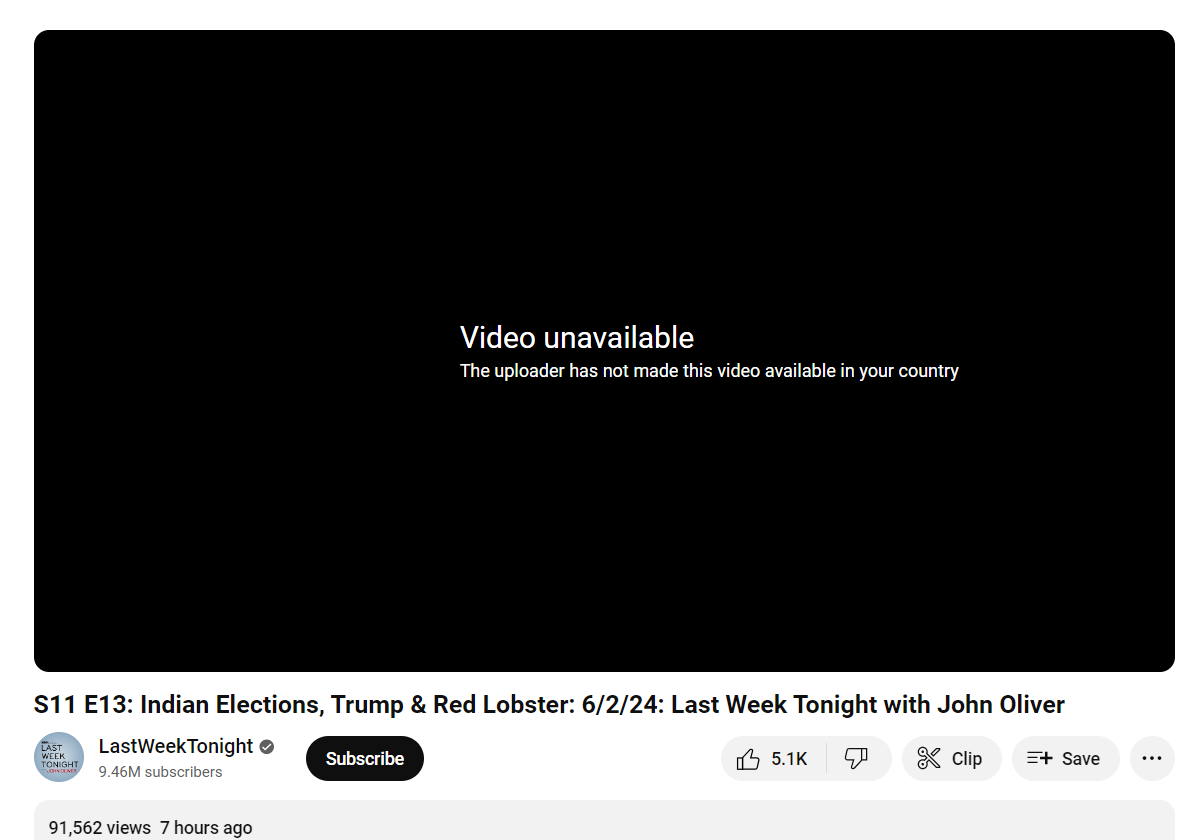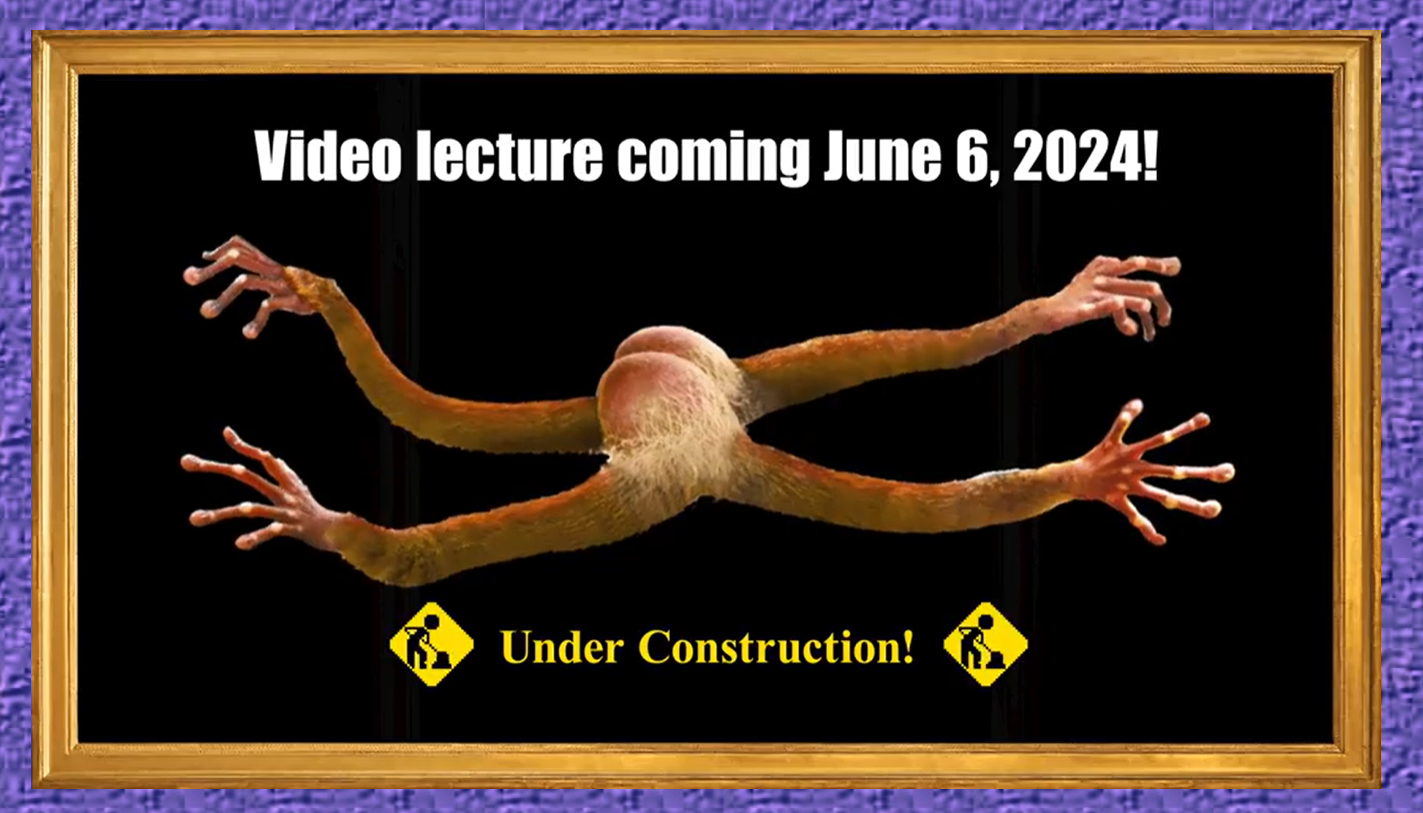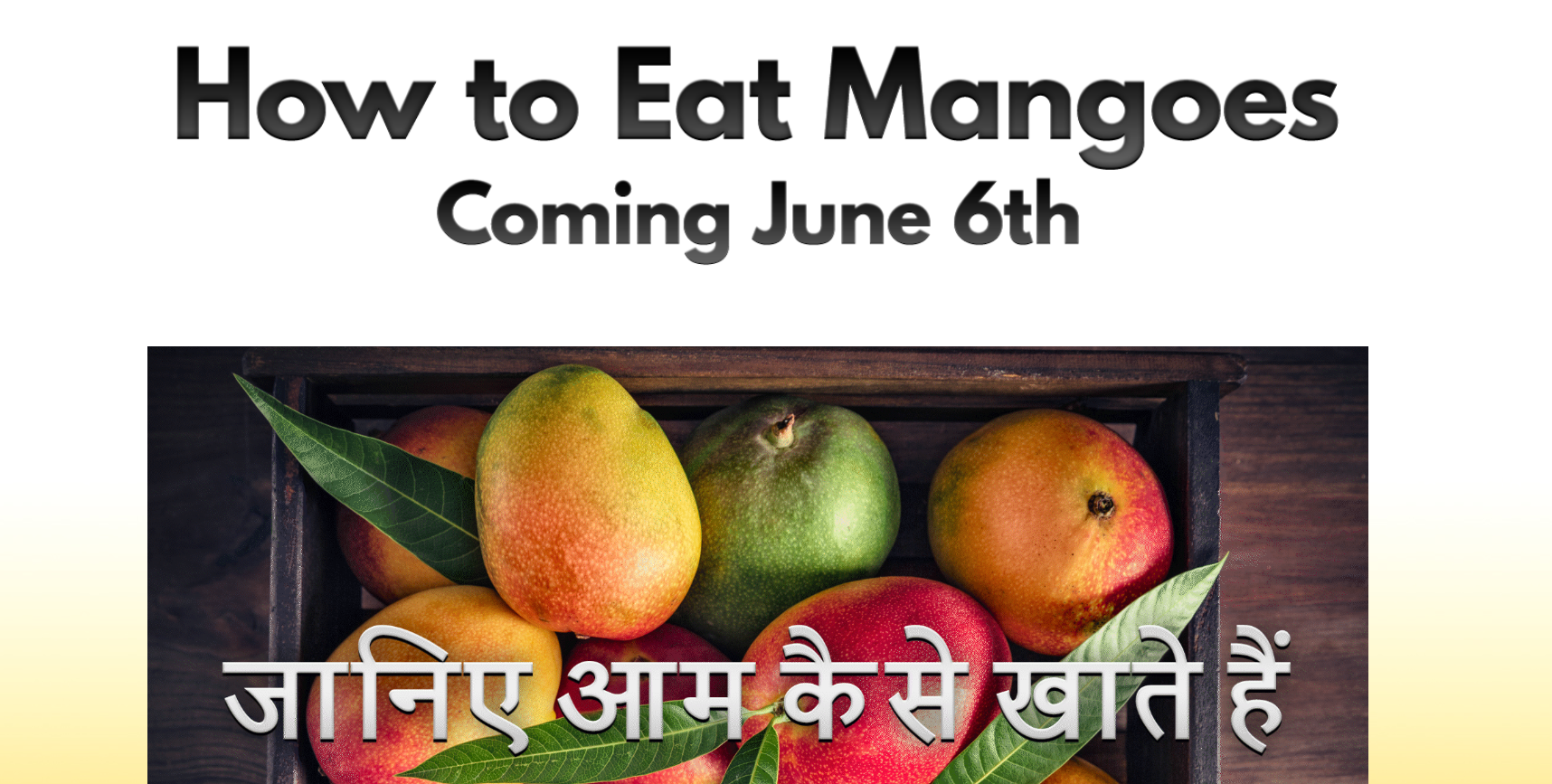In a recent episode of Last Week Tonight, John Oliver has drawn significant attention by addressing the “uncritical, fawning praise” directed at Indian Prime Minister Narendra Modi. This episode has sparked conversations about media censorship, political narratives, and the complex socio-political landscape in India. With India's general elections looming, Oliver’s remarks resonate deeply, especially as they reflect on the country's evolving dynamics under Modi's leadership.
Focusing on key issues such as the rise of anti-Muslim sentiment and censorship, the episode critiques how Modi's administration has altered India's narrative from a pluralistic society to one that emphasizes Hindu nationalism. Oliver's comedic yet poignant take on these serious matters challenges viewers to reconsider the media portrayal of Modi and the implications for those who dissent.
As snippets of the episode circulate on social media platforms, they reveal shocking visuals that juxtapose Modi's rhetoric with acts of violence against minorities. These revelations, combined with Oliver's commentary, not only highlight the disconnect between governmental claims and ground realities but also raise questions about the effectiveness of the media in holding powerful figures accountable.
Biography of John Oliver
| Detail | Information |
|---|---|
| Name | John Oliver |
| Date of Birth | April 23, 1977 |
| Nationality | British |
| Occupation | Comedian, Writer, Producer, Television Host |
| Notable Work | Last Week Tonight |
Understanding Modi's Leadership
John Oliver has consistently used his platform to address pressing social and political issues, and his recent focus on Narendra Modi is no exception. The episode details Modi’s initial campaign promises, such as improving sanitation and infrastructure. While these initiatives were commendable, Oliver points out a critical flaw: the government has redefined poverty to show fewer people living in it, effectively masking the real issues faced by many.
As he humorously notes, “Anyone can get rid of ‘all’ poverty if you just change the definition of ‘poor people.’” This statement reflects a significant concern about the manipulation of statistics and narratives that can mislead the public regarding the actual state of affairs in India.
Impact of Media on Political Discourse
Oliver's critique extends beyond Modi himself; it addresses the media's role in shaping public perception. He highlights how critical news outlets in India have faced repercussions, including police raids for tax evasion, creating a chilling effect on free speech. This environment fosters a lack of meaningful criticism, making it difficult for the public to receive a balanced view of Modi’s policies and their consequences.
In a country where media plays a crucial role in democracy, the absence of hard-hitting journalism raises alarms about accountability. Oliver’s call for transparency and honesty in reporting resonates with audiences worldwide, emphasizing the need for a robust media landscape that holds power to account.
Conclusion and Call to Action
John Oliver’s exploration of Narendra Modi’s leadership is a wake-up call for many. It urges viewers to critically evaluate the narratives they consume and to recognize the importance of diverse perspectives in understanding political realities. As the Indian elections approach, it becomes increasingly vital to support independent journalism that seeks to inform rather than silence.
As citizens, we must engage with content that challenges the status quo and encourages open dialogue. By doing so, we can foster a more informed electorate and contribute to the preservation of democratic values. Let us not just consume media passively but actively seek out and support those who prioritize truth and integrity in their reporting.
For those interested in watching the episode, it may be available through alternative means, as its mainstream airing has been contested. Let’s stay informed and advocate for media freedom!







